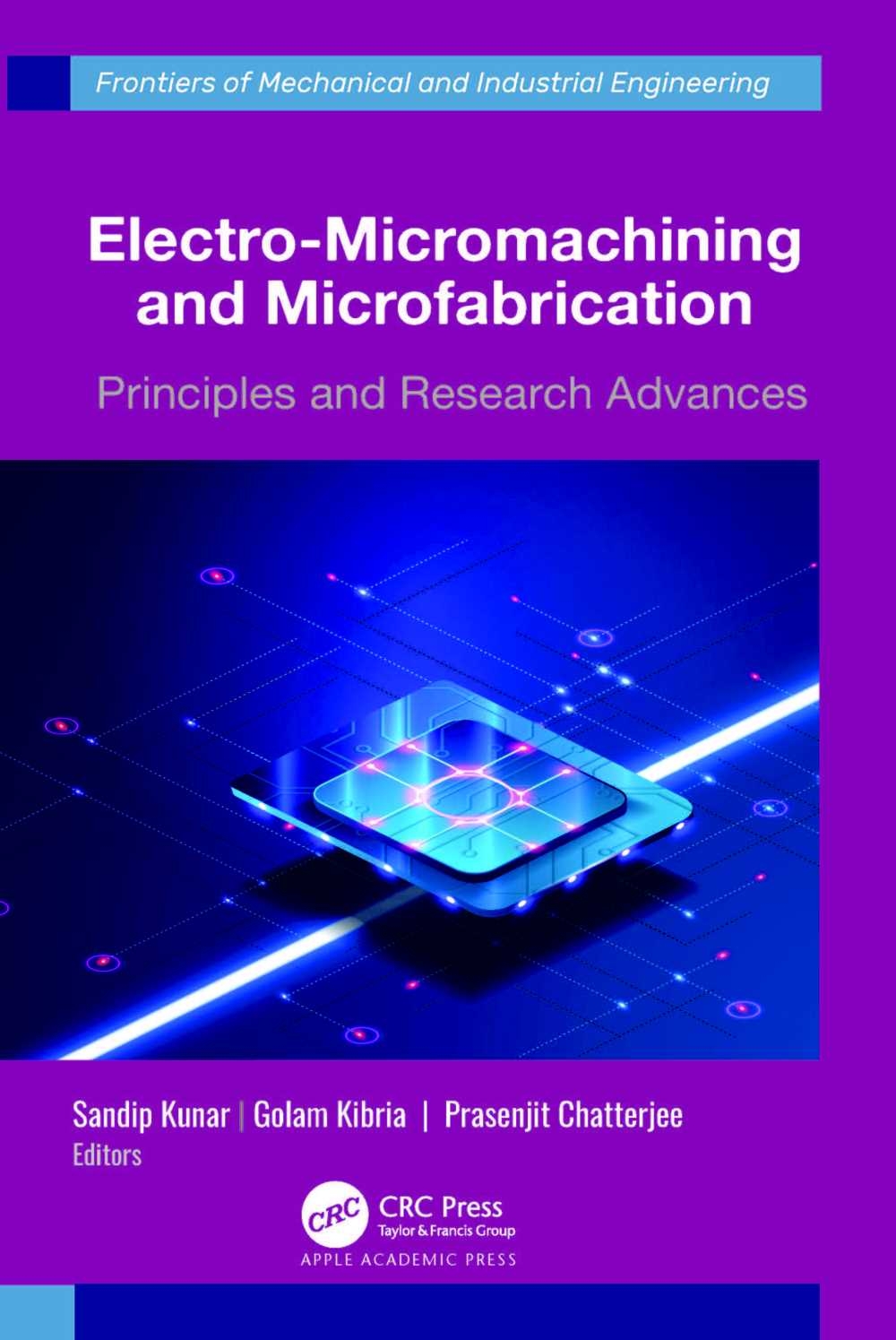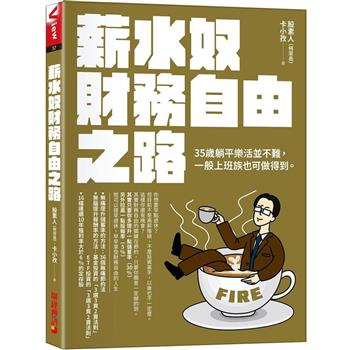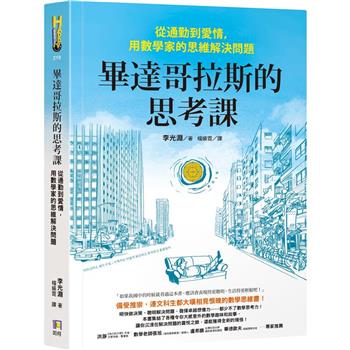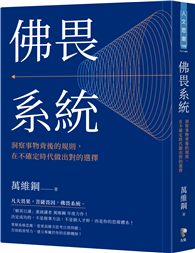Bridging the gap between the need for micro elements and the profitable microfabrication of goods, this new book provides an informative overview of the electro-micromachining and microfabrication processes, varieties, and important applications. Opening with an overview of a variety of micromachining technologies, with an emphasis on nontraditional approaches and recent advances in each, the volume discusses the ultrasonic micromachining processes for producing a variety of micro-shapes, such as micro-holes, micro-slots, and micro-walls, as well as assisted hybrid micromachining with ultrasonic vibration of the tool or workpiece, all which help to improve precision and to advance research. Computer-aided design and computer-aided manufacturing dental micromachining technologies are discussed. Micro-electrical discharge machining, laser micro grooving, and laser micromachining are among the advanced micro-manufacturing processes addressed as well. The volume also covers the use of an electrochemical micromachining method to improve micro texturing and the use of nano-additives to enhance MQL and micromachining process optimization.
| FindBook |
有 1 項符合
Electro-Micromachining and Microfabrication: Principles and Research Advances的圖書 |
 |
Electro-Micromachining and Microfabrication: Principles and Research Advances 出版社:Apple Academic Press 出版日期:2024-04-09 語言:英文 規格:精裝 / 404頁 / 普通級/ 初版 |
| 圖書館借閱 |
| 國家圖書館 | 全國圖書書目資訊網 | 國立公共資訊圖書館 | 電子書服務平台 | MetaCat 跨館整合查詢 |
| 臺北市立圖書館 | 新北市立圖書館 | 基隆市公共圖書館 | 桃園市立圖書館 | 新竹縣公共圖書館 |
| 苗栗縣立圖書館 | 臺中市立圖書館 | 彰化縣公共圖書館 | 南投縣文化局 | 雲林縣公共圖書館 |
| 嘉義縣圖書館 | 臺南市立圖書館 | 高雄市立圖書館 | 屏東縣公共圖書館 | 宜蘭縣公共圖書館 |
| 花蓮縣文化局 | 臺東縣文化處 |
|
|
內容簡介
作者簡介
Sandip Kunar, PhD, is Assistant Professor in the Department of Mechanical Engineering at Aditya Engineering College, India. His research interests include nonconventional machining processes, micromachining processes, advanced manufacturing technology, and industrial engineering. He has carried out his research work at the Saha Institute of Nuclear of Physics, Kolkata, and Raja Ramanna Centre for Advanced Technology, Bhabha Atomic Research Centre (BARC), Unit, India. He has published one international webinar and has filed two patents. He is a life member of the Indian Society for Technical Education, New Delhi, India, and holds professional memberships in various other renowned international professional bodies. He has twice received best innovative paper awards at international conferences and was awarded a national scholarship, a state fellowship for his PhD program, and college scholarships, and was 1st class in yoga and physical championship. He is a reviewer for over 20 highly reputed international journals, such as Journal of Material Science and Technology, IEEE/ASME Transactions on Mechatronics, Materials and Manufacturing Processes, Journal of Physics D: Applied Physics, etc. He has also delivered the lectures at faculty development programs, short-term courses, workshops, and seminars. He has completed his ME and PhD at Jadavpur University, Kolkata, India.
Golam Kibria, PhD, is Assistant Professor in the Department of Mechanical Engineering at Aliah University, Kolkata, India. He has worked as a Senior Research Fellow on a Council of Scientific and Industrial Research (CSIR)-sponsored project from 2008 to 2011. His research interests include nonconventional machining processes, micromachining and advanced manufacturing, and forming technology. He is a life member of The Institution of Engineers (IEI), India. He is the author of several book chapters from internationally recognized book publishers, such as Elsevier, Springer and Nova Publishers. He is an editorial board member as well as reviewer for a number of reputed international journals, namely Optics and Laser Technology, International Journal of Advanced Manufacturing Technology, Manufacturing Review, International Journal of Physical Sciences, etc. To his credit, he has received an I.S.T.E. National Award for Best MTech Thesis in Mechanical Engineering in 2008. He also received the Institution Prize (Gold Medal) of 2008-2009 from The Institution of Engineers (India) for the best paper. He completed his MTech in Production Engineering at Jadavpur University, Kolkata, India, in 2008 and PhD at Jadavpur University, Kolkata in 2014.
Prasenjit Chatterjee, PhD, is currently Dean (Research and Consultancy) at the MCKV Institute of Engineering, West Bengal, India. He has over 100 research papers published in international journals and peer-reviewed conferences. He has authored and edited more than 15 books on intelligent decision-making, supply chain management, optimization techniques, risk, and sustainability modelling. He has received numerous awards, including Best Track Paper Award, Outstanding Reviewer Award, Best Paper Award, Outstanding Researcher Award, and University Gold Medal. Dr. Chatterjee is the Editor-in-Chief of the Journal of Decision Analytics and Intelligent Computing. He has also been a guest editor of several special issues in different SCIE/Scopus/ESCI (Clarivate Analytics) indexed journals. He is also the Lead Series Editor of the book series Smart and Intelligent Computing in Engineering; Founder and Lead Series Editor of several book series: Concise Introductions to AI and Data Science; AAP Research Notes on Optimization and Decision-Making Theories; Frontiers of Mechanical and Industrial Engineering; and River Publishers Series in Industrial Manufacturing and Systems Engineering. Dr. Chatterjee is one of the developers of two multiple-criteria decision-making methods called Measurement of Alternatives and Ranking according to COmpromise Solution (MARCOS) and Ranking of Alternatives through Functional mapping of criterion sub-intervals into a Single Interval (RAFSI).
|











